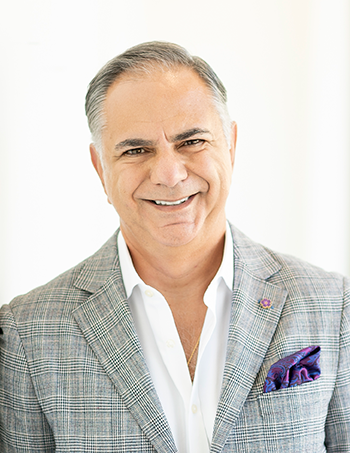Upper Nyack, N.Y. — The Global Healthy Living Foundation (GHLF) reports a surge in engagement from chronically ill patients following its digital coverage of the World Vaccine Congress, underscoring continued public interest in vaccination despite persistent anti-vaccine sentiment in some media and political circles.
GHLF’s podcasts, videos, and social media content generated more than 800 interactions and reached over 23,000 people who did not attend the conference, which took place in Washington, D.C., last week. A special episode of GHLF’s Healthcare Matters video podcast, recorded at the event and released on April 25, has already been viewed or listened to more than 4,900 times.
“These aren’t huge numbers by general social media standards,” said Dr. Robert Popovian, Chief Science Policy Officer at GHLF. “But our content is high-credibility, organically produced, and targeted to a very specific audience—people living with chronic illnesses and their caregivers. For that group, these figures are significant, especially in such a short time.”
Dr. Popovian emphasized that for many immunocompromised individuals, vaccines are a vital part of managing health. He noted that as overall vaccination rates decline in parts of the U.S., vulnerable populations can no longer rely on the broader concept of community immunity. “Diseases we thought were eradicated are returning because we’re losing that extra layer of protection from vaccinated individuals acting in the public interest,” he said.
GHLF’s digital engagement at the World Vaccine Congress reflects a broader appetite among patients for accurate, actionable vaccine information. While skepticism and misinformation continue to dominate parts of the public discourse, the foundation’s experience suggests that many patients remain invested in protecting themselves through science-based healthcare.
Ben Blanc, Director of Digital Production and Engagement at GHLF, attended the conference and described a sense of unity among stakeholders. “What really struck me was how aligned everyone was—from pharmaceutical leaders to advocates and policymakers—on the urgency of combating misinformation and addressing funding gaps,” he said. “Despite differing viewpoints, there was a shared commitment to innovation, especially around mRNA vaccine technology, which gave me a lot of hope for the future.”
The organization plans to continue producing targeted, educational vaccine content to support its community of patients and caregivers navigating chronic illness.


